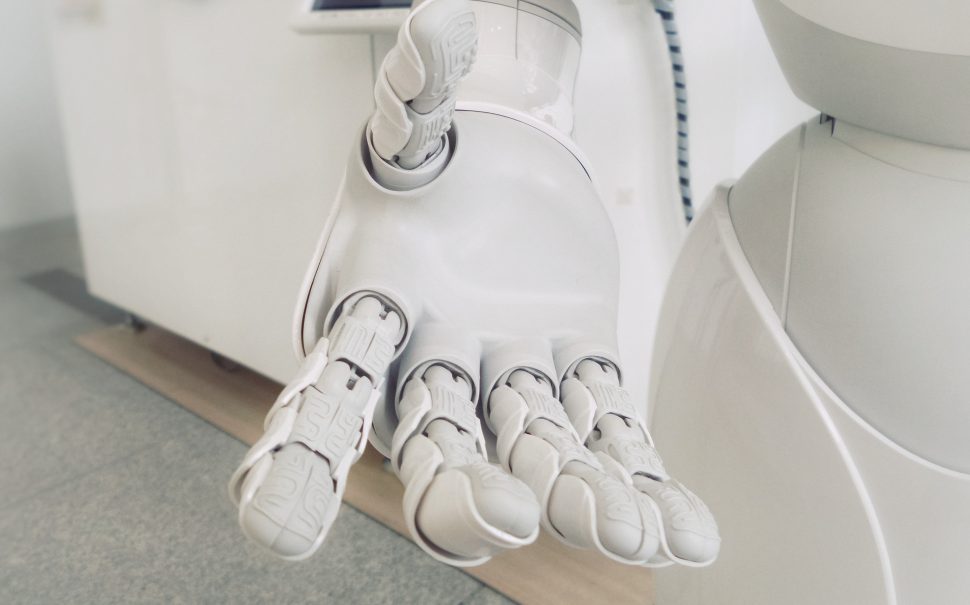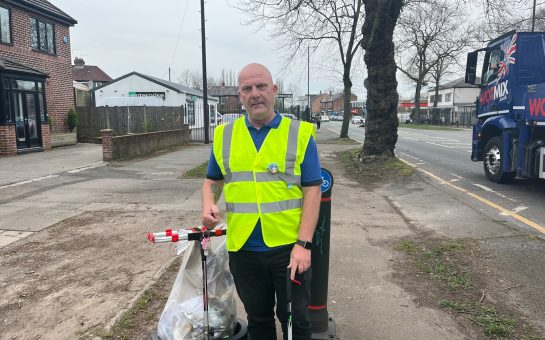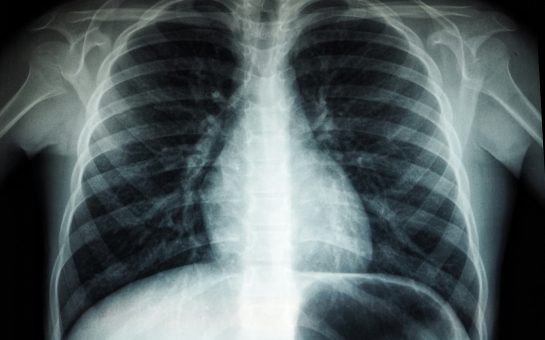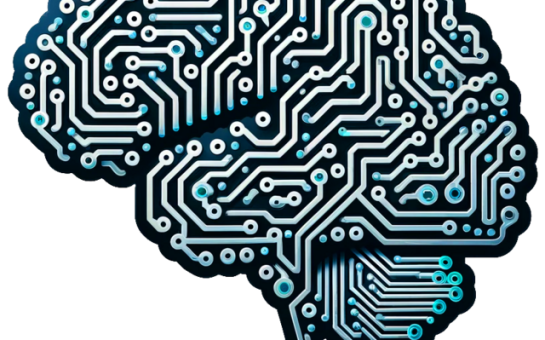The delivery of groceries by autonomous, robotic vehicles is set to increase after a successful start in Sale and Timperley.
Trafford Council and the companies involved in the project have decided to rollout the scheme to other areas within the borough of Trafford.
The next areas to feature in this programme are Urmston, Flixton and Ashton-on-Mersey. The Council partnered with Co-op and Starship Technologies in March of this year to deliver to households from the Co-op stores on Washway Road and Coppice Avenue.
Trafford Council’s Executive met and agreed on plans for the scheme to expand. Thousands of residents have been able to make use of the robots, many of whom depend on them because they have or live with somebody that has an accessibility need.
A scheme that brought autonomous delivery robots to an area of Trafford is being extended.
— Trafford Council (@TraffordCouncil) September 19, 2023
The robots were so successful in Sale and Timperley that Trafford Council and partners are saying "roll out" in Urmston, Flixton and Ashton-on-Mersey. pic.twitter.com/dSkS0rSgbi
The robots can carry food, groceries and parcels to vulnerable members of society, such as the elderly and disabled people, who struggle to access the shops.
The robots are not just a benefit socially, however. The machines have saved over 300 tonnes of carbon dioxide being released into the atmosphere by decreasing the number of car journeys to local supermarkets.
The average robot delivery uses as little energy as it takes to boil enough water in a kettle for a single cup of tea. The environmental advantage of the scheme is another reason why Trafford Council are extending it to other areas within the borough.
There was concern upon inception that the robots posed a risk to jobs in the retail sector, but the evidence from the roll-out thus far has shown that the scheme has not had an adverse impact in this regard.
Councillor Stephen Adshead, Trafford Council’s Executive Member for Highways, Environmental and Traded Services, said: “I am delighted that we have decided to extend this trial by a further six months and to roll out the scheme to Urmston, Flixton and Ashton-on-Mersey.
“Trafford Council is totally committed to helping the environment and reducing our carbon emissions and the electric robots could well contribute towards those aims. The robots have reduced thousands of car journeys and are cutting emissions.
“They also come to the aid of the elderly and disabled who find it difficult to get to their local shops by bringing the items to their door. We are excited to be working with the Co-op and Starship Technologies to extend this initiative.”
The Starship food delivery app, available on both iOS and Android, is the system through which the robots function.
On their platform, customers select their items, schedule a preferred delivery time and drop a pin on the location for their goods to be sent.
The cost is affordable too, starting at just 99p. In terms of the robots themselves, the machines are battery powered, lightweight and travel at the speed of a pedestrian — no faster than 4mph (6km/h).
To avoid obstacles and accidents, they use sensors, artificial intelligence and machine learning to aid their passage on pavements. The computer vision-system helps them map their environment to the nearest inch.
Although there remains a very real risk to jobs posed by the development of technology and artificial intelligence, there is also a human and environmental benefit that can evolve through its use. This is one of those examples.




